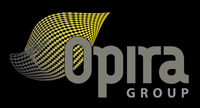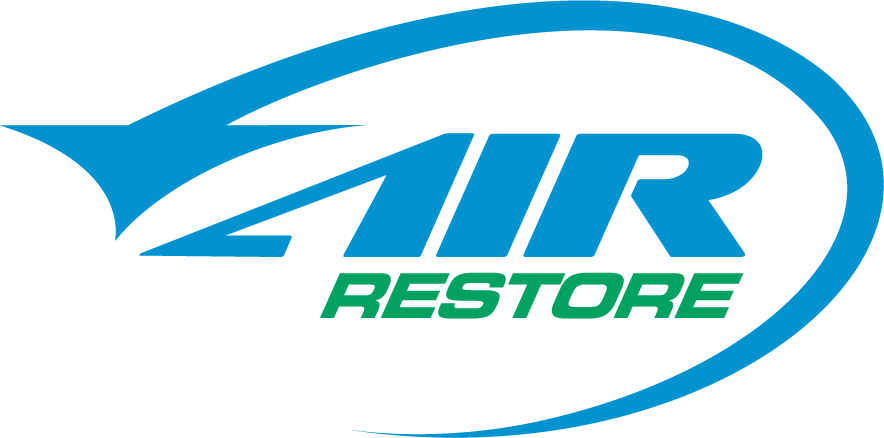Operating Theatre Testing
When is comes to Operating Theatre Testing, Opira has a team of specialists available to complete your testing to IAQ standards. Maintaining acceptable levels of indoor air quality and preventing the spread of infection in hospitals, are vital issues due to the increased risks associated within hospital environments.
Opira is a specialist provider of Indoor Air Quality (IAQ) services. All of our IAQ Testing Professionals have extensive knowledge of infection control, indoor air quality and maintaining HVAC system hygiene within hospital environments. We have extensive experience in Operating Theatre Testing and our team of scientists can provide clear and concise reports for your WHS requirements.
Our Environmental Scientists have presented numerous papers on Infection Control and IAQ risk assessments in Hospitals at many Institute of Hospital Engineering Australia (IHEA) Conferences and other industry events.
Some of the services we provide to the hospital and healthcare industry include the following:
- Indoor air quality testing and consulting.
- HVAC inspection, decontamination and restoration.
- HEPA filter testing.
- Cleanroom assessments (particle counts, air change rates and pressure gradients).
We pride ourselves on our technical knowledge of HVAC systems and conduct very stringent visual inspections that, often involve cutting access into the system to inspect the system hygiene. This combination of visual inspections combined with scientific analysis provides the best value for money IAQ risk assessments available over the life of the building.
When conducting our HVAC audits and Operating Theatre Testing in hospitals we ensure that the following objectives are achieved:
- Identify issues to be addressed to ensure compliance with the relevant standards such as AS/NZS3666.2:2011, Air Handling and water systems of buildings-Microbial Control, Part 2: Operation and Maintenance. Compliance indicates due diligence.
- To identify HVAC systems and components in need of cleaning, decontamination and restoration to reduce risk including financial loss.
- Identify issues before they become problematic and costly and prepare budgets for work requiring attention either immediately or down the track.




